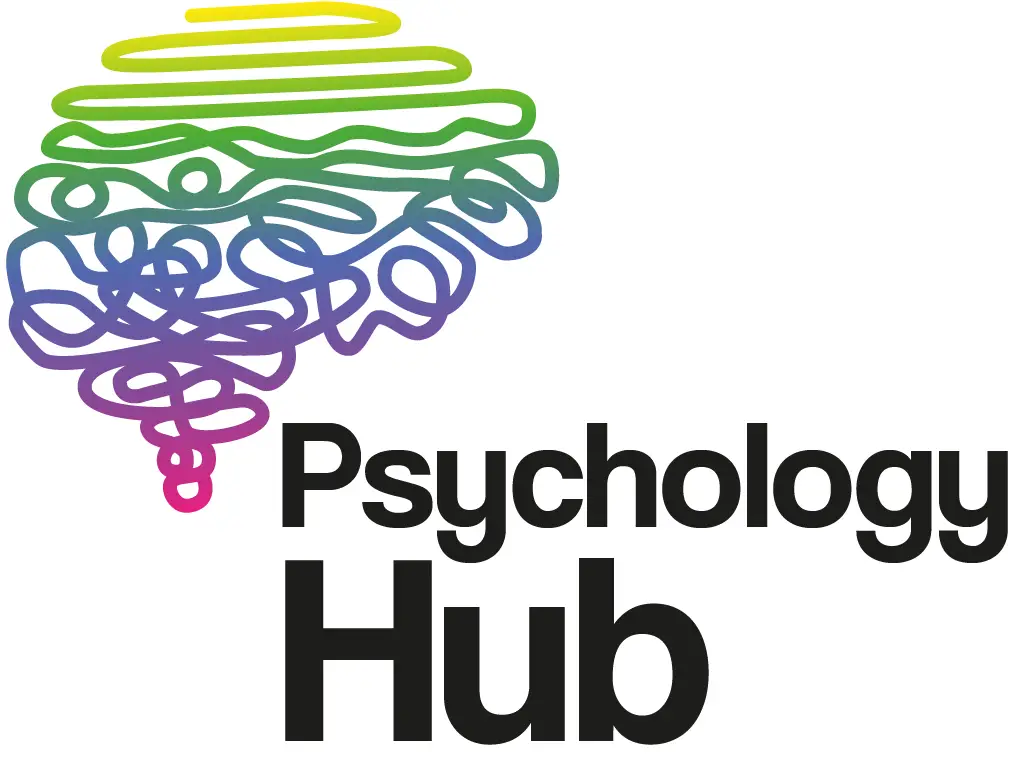
The Function Of The Endocrine System: Glands And Hormones
March 10, 2021 - Paper 2 Psychology in Context | Biopsychology
Description, AO1:
The Endocrine System
The Endocrine System has a series of glands which release chemicals (hormones) throughout the body and other bodily fluids. This communicates, much like the neurons do, messages to organs in the body. There are specialist glands in the body which form part of this system (see diagram below).

| Hormones | Chemicals that circulate in the bloodstream and are carried to target sites throughout the body (hormones excite or stimulate a specific part of the body).A given hormone usually affects only a limited number of cells in the body (target cells have specific receptors for specific hormones). Cells that do not have such a receptor cannot be influenced direct by that hormone. |
| Pituitary Gland | This gland produces hormones whose primary function is it influence the release of hormones from other glands (which regulates body functioning).As the ‘master gland’ the pituitary produces hormones that travel in the bloodstream to their specific target. These hormones either cause direct changes to physiological processes or stimulate other glands to produce other hormones.The Pituitary gland has two main parts the posterior (back) which releases oxytocin which stimulates contractions in the uterus during child birth and anterior (front) which releases ACTH which is vital to the stress response. |
| Gland | Hormone Released | Action of the Hormone |
| Pituitary Gland | Oxytocin | · Stimulates contractions in the uterus during childbirth· Aids conception and creates feelings of relaxation and calm· Encourages strong bonding between couples/child and mother |
| Adrenal Glands (Adrenal Cortex) | Cortisol | ·Aids the body’s stress response·Low cortisol levels lead to low blood pressure, immune functioning and an inability to deal with stress. |
| Adrenal Glands (Adrenal Medulla) | Adrenaline and Noradrenaline | ·Both hormones prepare the body for fight or flight·Adrenaline helps individuals to prepare for stressful situations by increasing heart rate and blood flow to muscles and brain helping with the conversion of glycogen to glucose to energy·Noradrenaline constricts blood vessels allowing blood pressure to increase. |
| Testes | Testosterone | ·Causes the development of male characteristics (growth, facial hair, deepening of the voice)·Plays a part in sex drive, sperm production and maintenance of muscle strength·Women also have testosterone (but in much smaller amounts) |
| Ovaries | Oestrogen and progesterone | ·Progesterone is more important in the post ovulation phase, it is associated with heightened sensitivity to social cues that indicate the presence of social opportunity (allies) or threat (from outsiders) that would be significant in the case of pregnancy. |
Exam Tip: You need to know the table above as you need to be able to describe they key parts of the endocrine system and what hormones they release. There’s an easy way to remember this information, look carefully at the different part of the words highlighted in the first two column of this table, for example, Testes Testosterone, Ovaries Oestrogen! Use this memory strategy to help you to remember this information.

